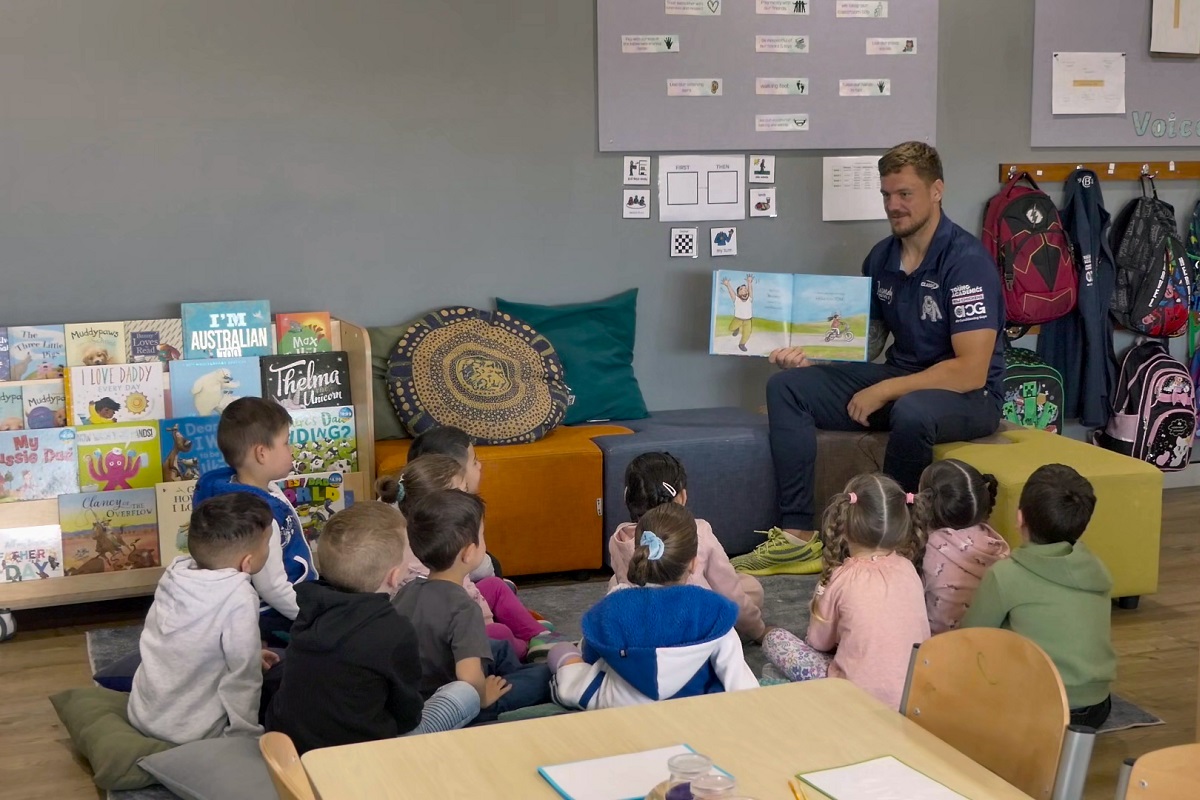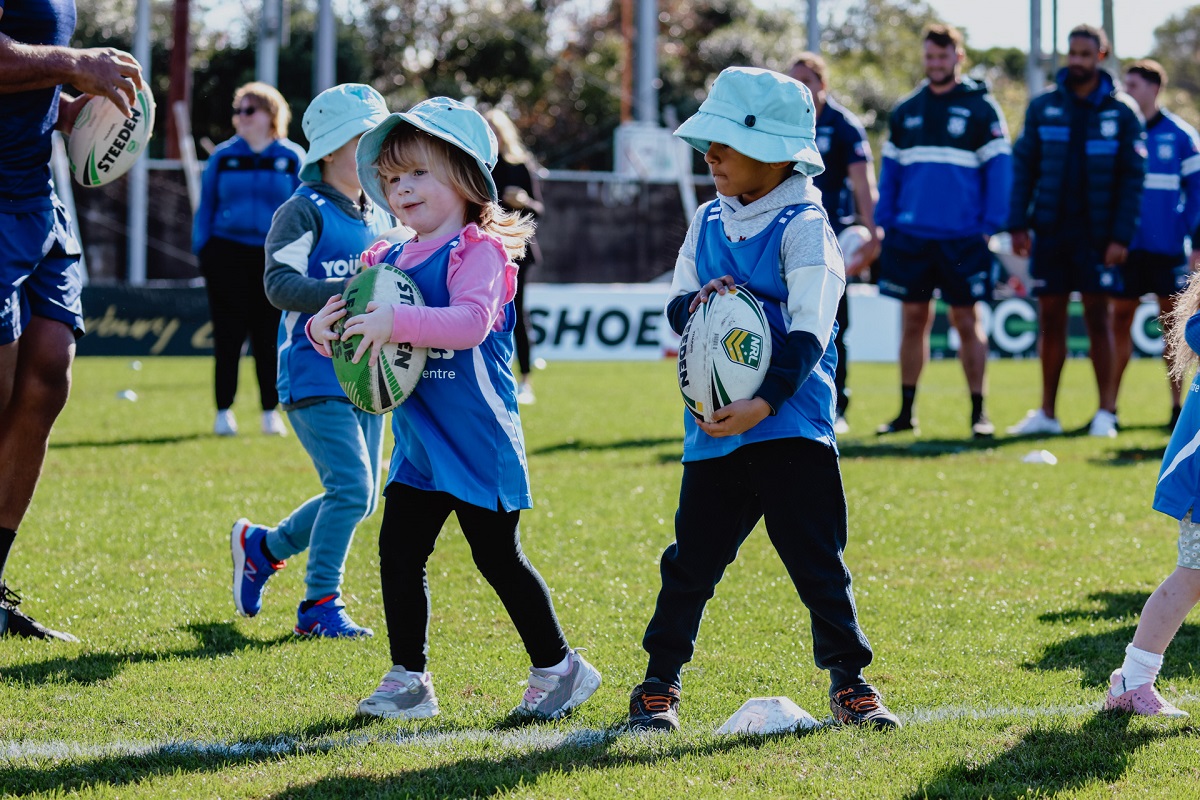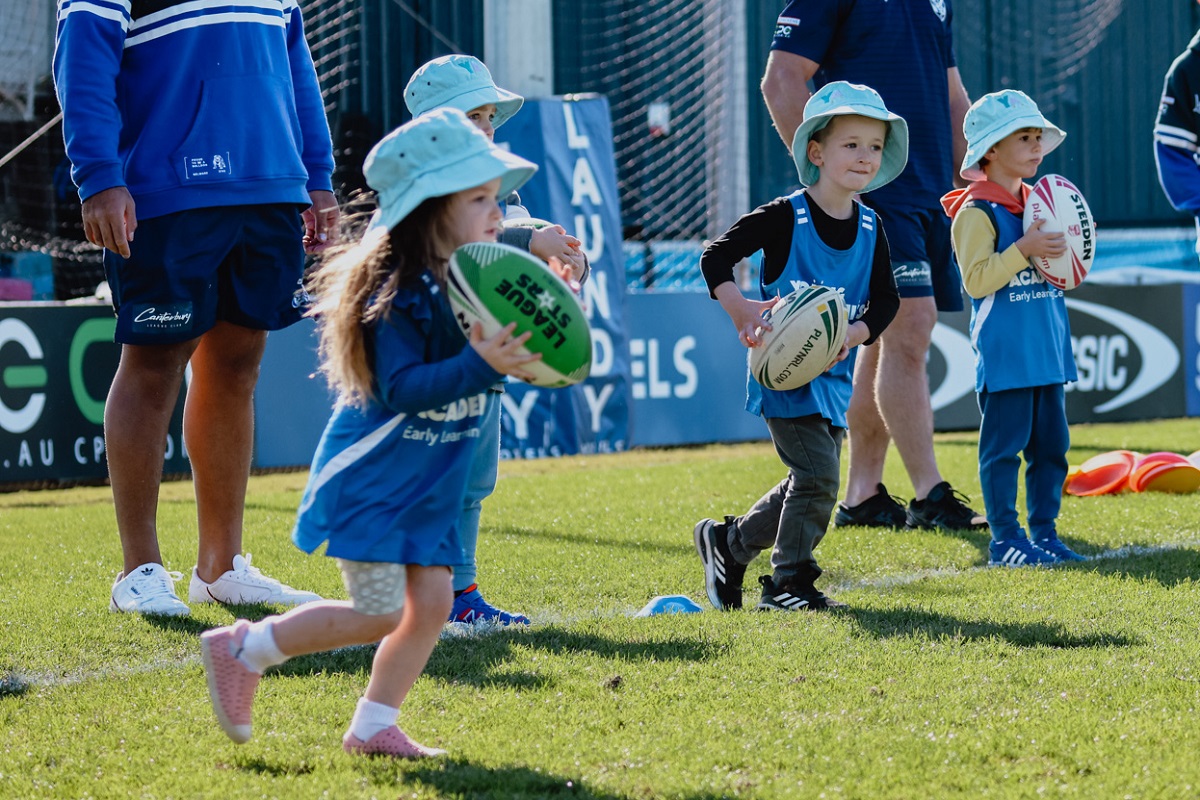- Anxiety in Young Children and How to Build Resilience -
For children under the age of five, anxiety and fear are a normal part of development as they are constantly exploring, learning and getting to know their own emotions. As adults, we can support young children to work through their feelings and deal with stressful situations in more positive ways with some simple strategies to help build up resilience. There is a common misconception that by removing the messy, hard, and challenging things out of our children’s way we are protecting them, but this actually does more harm than good. Resilience in children is all about the ability to cope with the ups and downs caused by different and difficult situations and bounce back from challenges. Some children find challenging situations more stressful than others and may need extra support from caring adults. Occasionally they could even benefit from professional guidance. If untreated, and if the level is severe or ongoing, some stresses can lead to mental health conditions such as anxiety disorders. Anxiety and Fear in Young Children (0-5 years) Young children are exploring the world around them and learning new things every day. Because they’re constantly feeling new emotions and figuring out how to manage feelings in different situations, children in this age group can sometimes display challenging behaviours, strong reactions and anxious thoughts. A level of anxiety and fear in young children is a normal part of development and parents can expect to encounter anxiety that comes and goes over short periods of time. These anxieties can be varying for children at different developmental stages. For babies and toddlers, it might be a fear of separation or loud noises. Preschoolers may be concerned about being alone or afraid of the dark. Recognising the Signs of Anxiety Remember, just because your child shows signs of anxiety doesn't automatically mean they are experiencing an anxiety disorder. However, the signs should be taken seriously if they are severe, ongoing and affecting your child’s health and happiness. If you are ever in doubt, always seek professional advice. Some physical signs of anxiety to keep a close eye on include:- Being jittery or shaky
- Shortness of breath
- Feelings of butterflies in the stomach
- A racing heart
- Sweaty palms or a dry mouth
- Tense muscles
- Frequent nervousness or needing a lot of reassurance
- Difficulty sleeping, refusal to sleep without a parent present, or frequent nightmares
- Trouble concentrating, restlessness
- A loss of appetite
- Avoidance of situations they are worried about
- Displaying signs of anger or irritability
- Complaining of headaches or an upset tummy
- Using the toilet frequently
- Getting very upset when situations do not go to plan
- Refusal to talk or do what you ask in certain situations
- Acknowledge your child’s fear or worry – do not dismiss or ignore it
- Gently encourage your child to do the things they are anxious about but don’t ever push them to face situations they don’t want to face
- Wait until your child gets anxious before you step in to help – do not pre-empt it
- Praise your child when they do something they’re anxious about
- Do not criticise your child for being afraid or worried
- Avoid labelling your child as ‘shy,’ ‘nervous’ or ‘anxious’
- Encourage your child to take slow, deep breaths to help settle the physical effects of anxiety
- Once they’ve calmed down, encourage your child to talk about their feelings
- Plan together for how they can respond if things don’t turn out as they’d hoped in the future to help manage their feelings of anxiety
- Create positive relationships with others – this includes the parent-child relationship, as well as relationships with other significant adults and children. This will help to form social skills, friendships, and empathy.
- Gain independence – encourage your child to take on responsibilities to develop a sense of autonomy. It’s natural to want to protect children but it’s important not to shield them from life’s challenges - teach them how to work through difficulties instead.
- Learn to identify, express and manage emotions – children respond to difficult situations in different ways and will need varying levels of adult support to get through these events. Being resilient is not about feeling less, it’s about responding to these emotions in a healthy and positive way.
- Build confidence – giving children the opportunity to learn how to deal with obstacles by taking on personal challenges or ‘healthy risks’ will help build their confidence. ‘Healthy risks’ are age and developmentally appropriate low-risk situations that can result in your child getting physically hurt (scraping a knee or falling off a bike), running the risk of losing (a game, a toy), failing (trying to climb a tree) or making a mistake (pouring their own drink or dressing themselves).



 BACK
BACK



